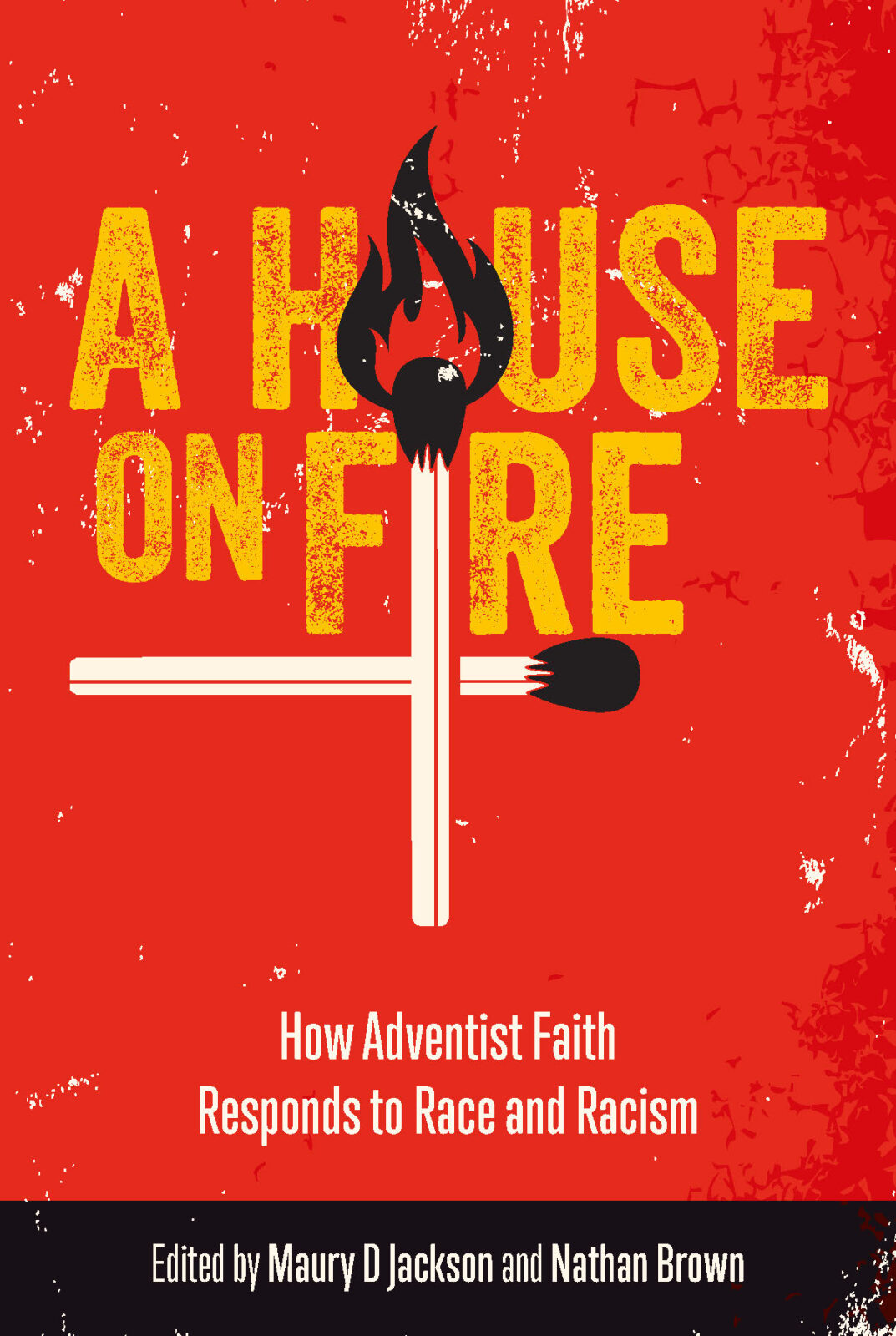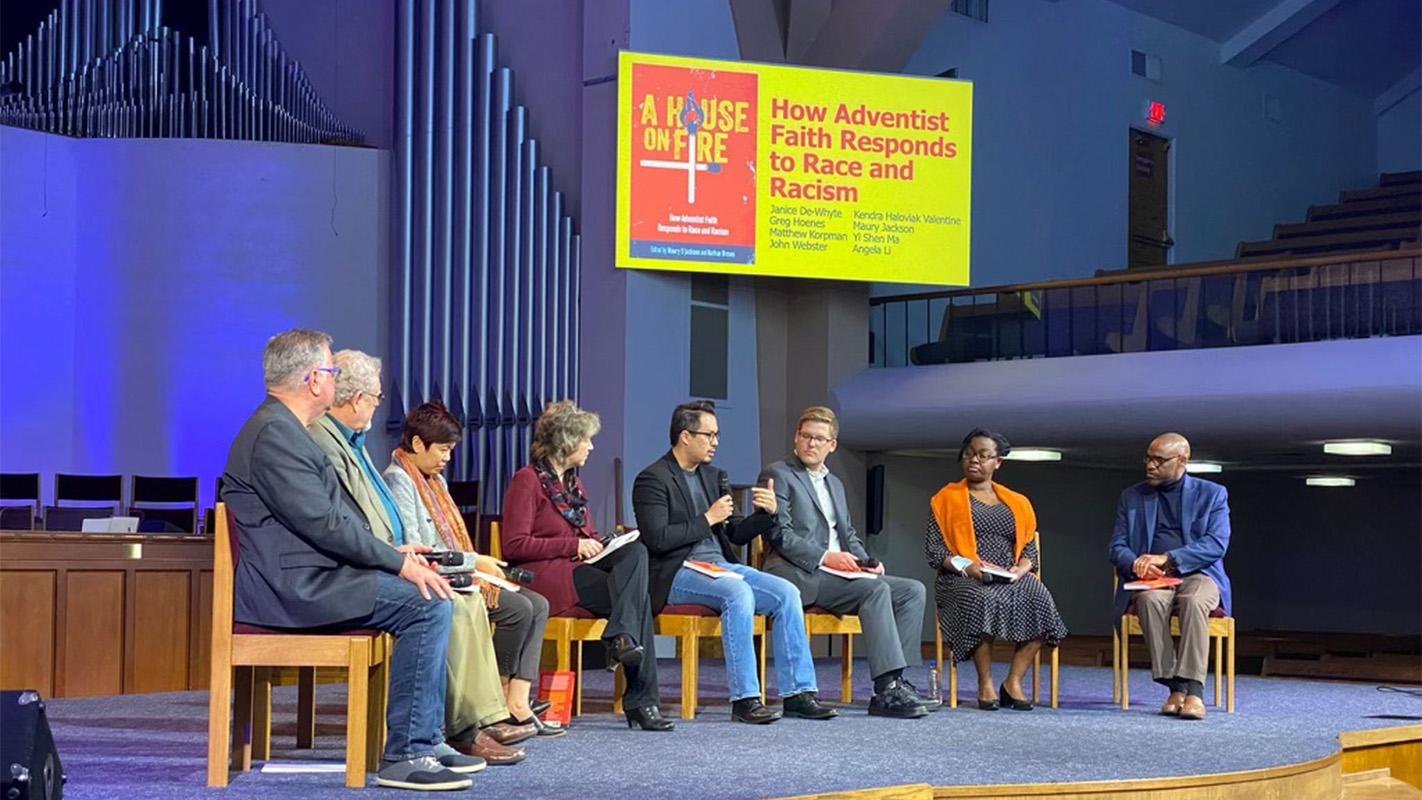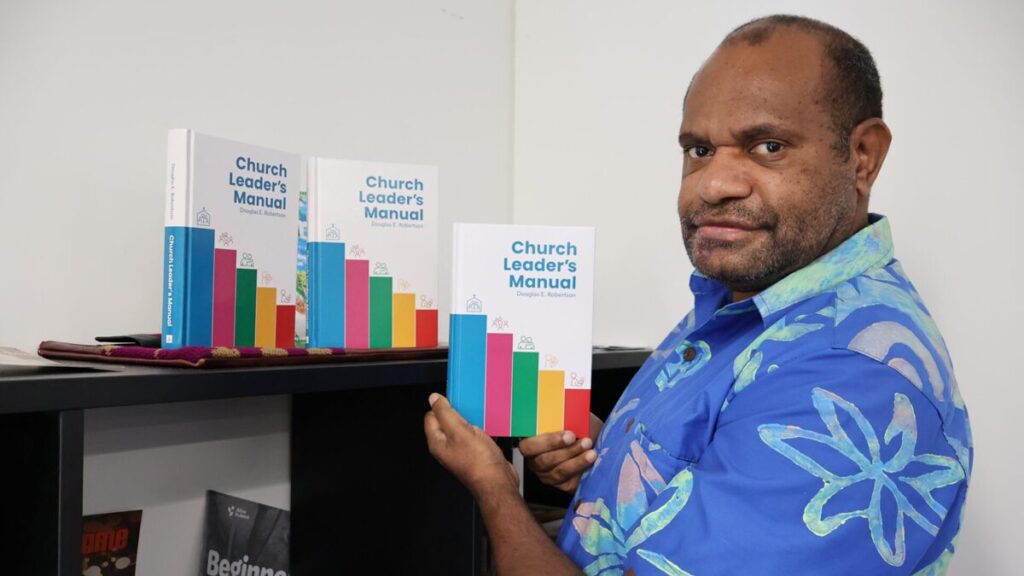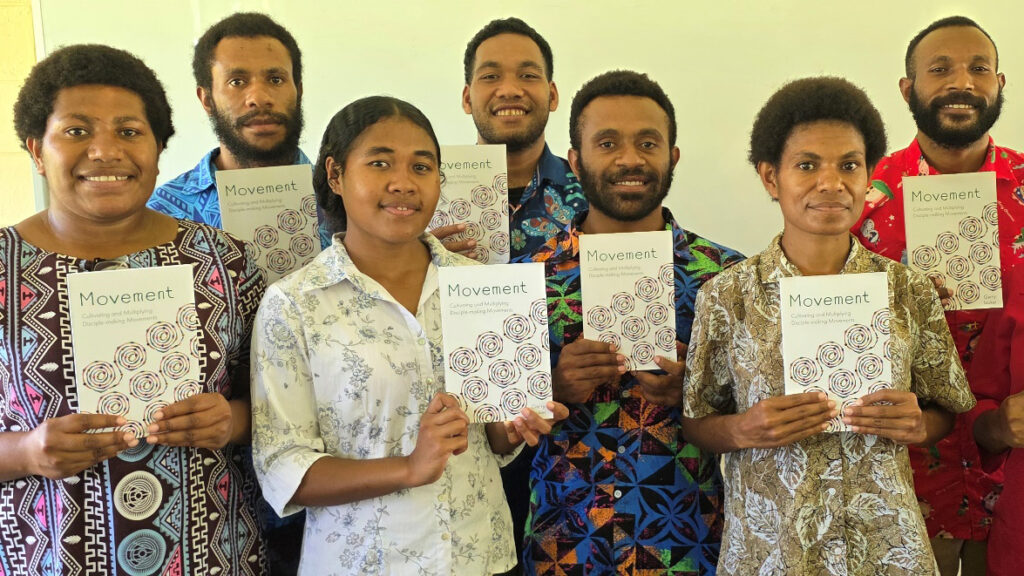A new book addressing issues of race and racism was launched at the meetings of the Adventist Society for Religious Studies (ASRS) in Denver, Colorado, on November 19. Published by Signs Publishing, A House on Fire: How Adventist Faith Responds to Race and Racism collects chapters from 20 Adventist scholars, pastors and writers responding to this issue in the contemporary world. Contributors include Drs Kendra Haloviak Valentine, Kayle de Waal, John Skrzypaszek, Olive Hemmings and Michael Campbell, with an afterword by John Webster.
Described by ASRS president Dr Sigve Tonstad as a “landmark book,” contributors to A House on Fire participated in a Sabbath-morning panel discussion hosted by ASRS secretary-treasurer Dr Zack Plantak, Professor of Religion at Loma Linda University. “For me, it was absolutely clear that the racism that we have seen and experienced in recent years has illustrated the brokenness in the world we inhabit,” commented Dr Plantak, “so I wanted to have as many of the diverse chapter authors from this book be present and speak at our meetings in Denver.”

Co-editor of A House on Fire is Dr Maury Jackson, Associate Professor of Practical theology at La Sierra University, who also hosted a panel discussion with contributors to the book at the La Sierra University Church. “The idea for this book grew in the aftermath of the killing of George Floyd and the antiracism protests that followed, and we saw the need to have a response to from our faith community to this large issue of our time,” he explains. “We began sending out invitations to the first contributors in October, 2020, and the list grew over the intervening time. We were intentional about inviting contributors from a wide variety of ethnic backgrounds, from a variety of Adventist institutions and with a good representation of female scholars.”
Dr Jackson says that he learned from reading the various chapters “how complicated the topic of race actually is” but urges that this makes such conversations all the more important. “We could have said more about many aspects of this issue,” he reflects. “Even if the conversations are sometimes awkward, we get better at it by talking about it.”

And he says that working on this book project has reinforced the valuable contribution that Adventist faith can make. “I didn’t expect so many of our writers to make the connections between colonialism, racism and Christianity,” he admits. “But there are more resources in our tradition eschatological readings that can be used in this kind of social critique.”
According to Dr Plantak, the presentation of A House on Fire at the ASRS meetings was well received and sparked vibrant discussion. “There is a huge need to have the book work its way through the Adventist church,” he reflected. “After all, our church community is part of the society that is grappling with issues of injustice, especially racial injustice, and is too often closer to the conservative and insensitive evangelical community and culture than to the counter-cultural biblical perspective. I hope that this book will open up the conversation that is too often difficult to have in many of our faith communities.”
A number of Adventist universities in North America are already beginning to use A House on Fire for classes in ministry, mission and religion. “Many of the religion teachers at the ASRS meetings commented that this book is ground-breaking and provides a missing piece in Adventist thinking,” says Dr Jackson.A House on Fire: How Adventist Faith Responds to Race and Racism is available now from Adventist bookshops in Australia and New Zealand, or online.






